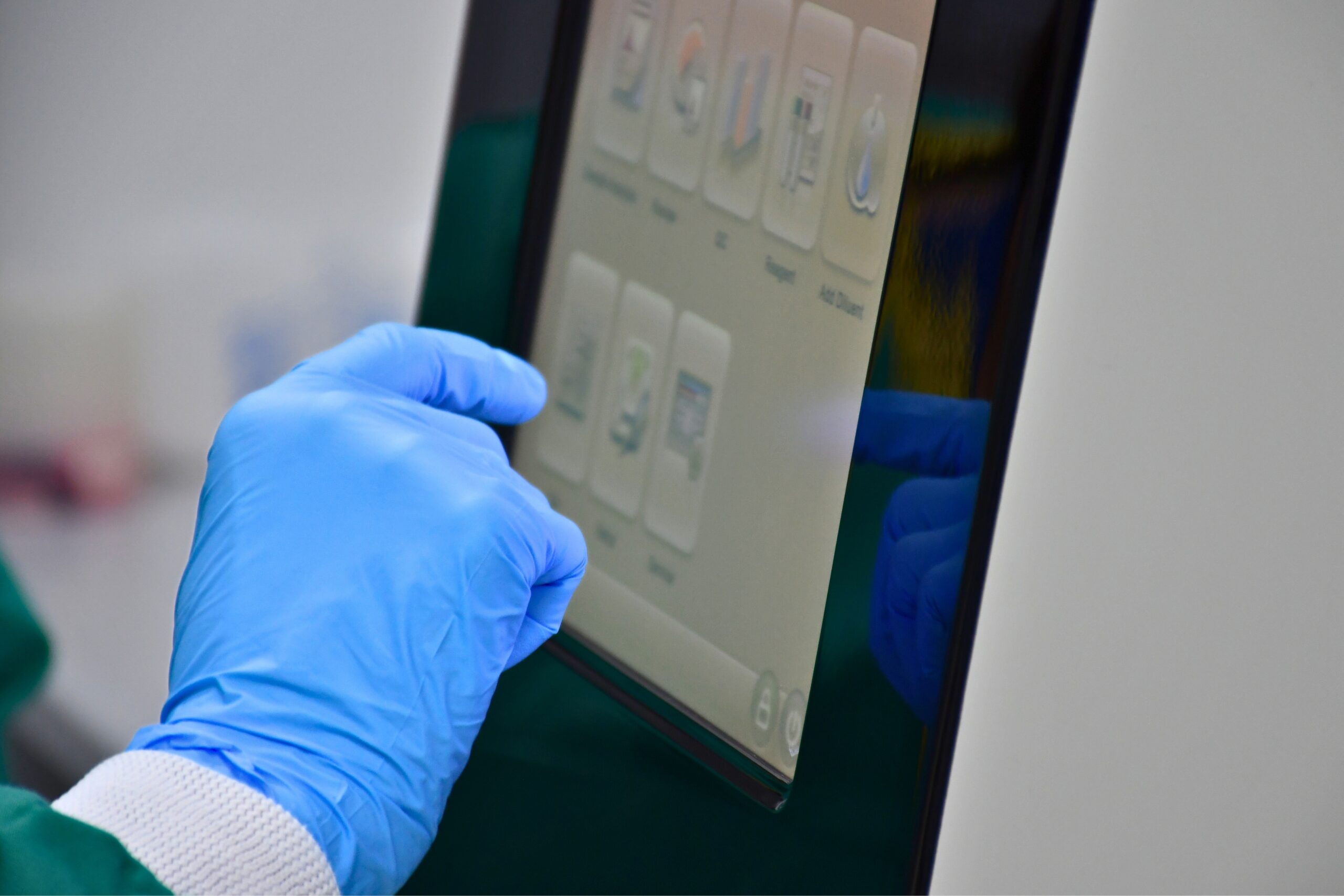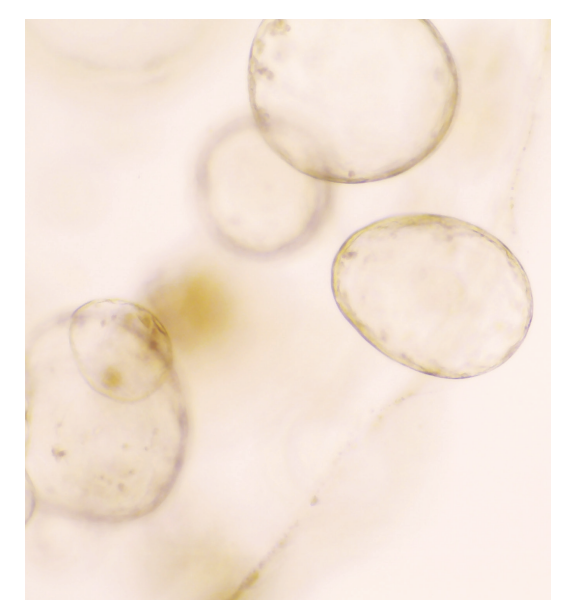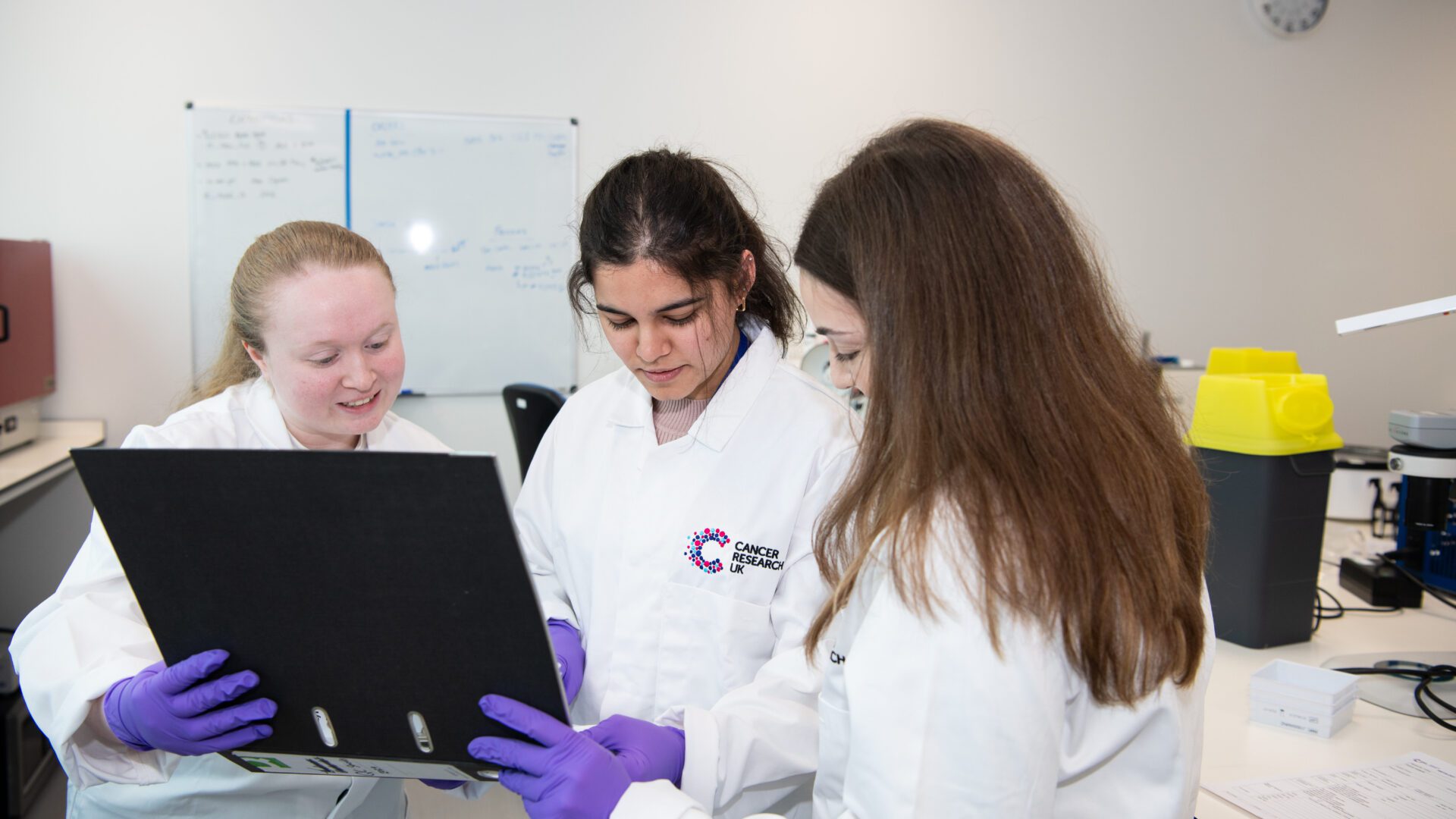Research Integrity across the Institute
As dedicated Research Integrity and Training Adviser, I provide support for all researchers across the Institute. Starting with a research integrity-specific induction for all scientific staff – which is modeled on the five commitments of the Concordat to Support Research Integrity – this support also includes one-to-one discussions, bespoke training and advice.


An important part of our research integrity programme is the pre-submission review process, whereby all manuscripts from Institute authors are read before submission to a journal, with the authors receiving feedback on areas such as data management, transparent and reproducible methods, Open Access publication and many other areas of new and emerging publishing practice.
Electronic Lab Notebooks
Cancer research is highly complex, not just in terms of managing the vast amount of data experiments can generate, but also in keeping track of and refining experimental practice and working with many colleagues across different teams and specialisms.
At the Cancer Research UK Manchester Institute we work to support our researchers with many aspects of the research progress (see the Research Support and Core Facility pages for more details). In addition, we are investigating whether Electronic Lab Notebooks (ELNs) may provide additional tools to help researchers manage and share their data.
This is an exciting project which is progressing thanks to input from across the Institute, where we work out the structures and functions required for an Institute-wide ELN roll out. We are also excited to be participating in a UKRI-funded metascience project “Supporting Research and Researchers through the deployment of Digital Notebooks: A framework for implementation and impact”

Research Integrity Blog Posts
I contribute to the Cancer Research UK blog series on Research Integrity, where we discuss topics ranging from Generative AI to the importance of postdocs in maintaining good practice in the lab. You can find the whole collection here – https://news.cancerresearchuk.org/series/research-integrity/ – and below are links to some specific articles.
All the fun of the FAIR
Learn more about the FAIR (findable, accessible, interoperable, reusable) data principles and how to incorporate them into your work
The Madness of Short Methods
Find out why short methods can compromise the reproducibility of scientific research, and how new tools can help researchers share their techniques in better way
Why colourblindness is a research integrity issue
This blog takes the Concordat principle of showing Care and Respect and applies it to making scientific figures more accessible
What you need to know about Generative AI
How are funders, publishers and researchers responding to the rise of Generative AI, and what does it mean for researchers?
Frequently Asked Questions
All new scientific staff take part in a dedicated research integrity-specific induction. This provides a broad introduction to research integrity in the UK, following the structure of the Concordat to Support Research Integrity and introducing the principles and policies of Cancer Research UK and the University of Manchester.
We use case studies and small group exercises to bring these concepts to life, looking at how the principles of research integrity – honesty, rigour, transparency and open communication, care and respect and accountability – apply in areas such as animal research, handling human tissue samples, dealing with conflict and raising concerns.
The session also introduces the wide variety of activities and resources available to staff and students to help support them in conducting their research to the highest standards of integrity. These include training and development opportunities from the University of Manchester, the Office for Open Research, professional networks and organisations including the UK Reproducibility Network and UK Research Integrity Office, as well as in-house support for designing and conducting experiments and managing data and analysis. We also explore wider aspects of research culture, and how this impacts on research practice and integrity.
All attendees receive a follow-up email with materials from the induction, which leads into a rolling programme of training and development across the Institute.
Pre-Submission Reviews are not the same as peer reviews. They happen internally, before journal submission, and are there for the support of the authors. Scientific publishing is an increasingly complex process, and the pre-submission review provides an opportunity to share new and emerging standards of practice with authors, helping them meet publisher and funder requirements and guidance in areas such as FAIR data sharing, reproducible methods, authorship and ethics.
For more background on the pre-submission review process, see this CRUK research integrity blog post from Dr Catherine Winchester, who performs pre-submission reviews in her role as Head of the Research Integrity Service at the Cancer Research UK Scotland Institute: Research with integrity – the importance of communication
New PhD students take part in a four week tutorial course titled “How to read a paper” which explores best practice in citation ethics, tools for tracking and managing your reading, and raises awareness of current research integrity issues in scientific publishing, including paper mills.
Final year PhD students are offered a PhD Thesis Skills Session, which looks at all the processes required for compiling and submitting a thesis at the University of Manchester, as well as offering advice on further steps into scientific publishing and managing the data collected. Each participant completes a self-assessment form to identify their own strengths and weaknesses, and as the course runs early in the final year of the PhD, students have time to participate in various top-up training programmes to build their knowledge and skills in the areas they choose.
- In most cases, your first port of call is with your supervisor or PI – this is likely to resolve many issues, especially if raised early
- If you feel comfortable doing so, we encourage you to speak to colleagues directly with your questions or comments
- If you would like more advice – either before or after the steps above – you can contact me for a chat – this can be confidential if you prefer
- More serious concerns can be taken to Caroline Wilkinson (COO), Stuart Pepper (CLO) or Caroline Dive (Institute Director) directly
- Our hope is that most concerns can be addressed through these pathways, but you are always free to go directly to the UoM Research Governance, Ethics and Integrity Team
Our vision for world leading cancer research in the heart of Manchester
We are a leading cancer research institute within The University of Manchester, spanning the whole spectrum of cancer research – from investigating the molecular and cellular basis of cancer, to translational research and the development of therapeutics.
Our collaborations
Bringing together internationally renowned scientists and clinicians
Scientific Advisory Board
Supported by an international Scientific Advisory Board





